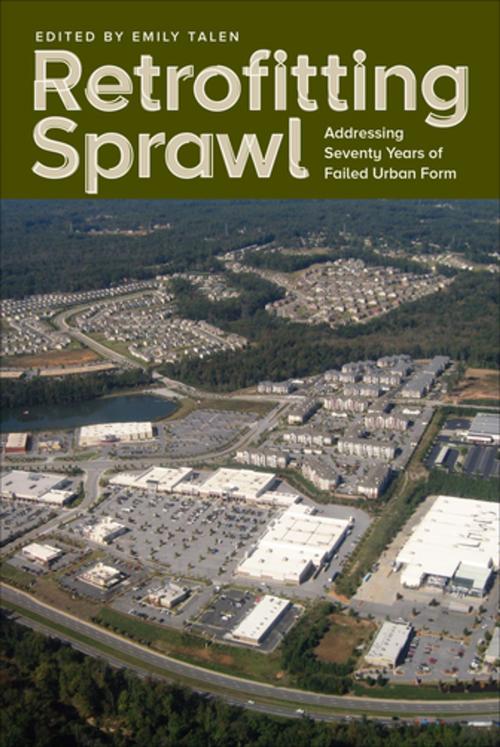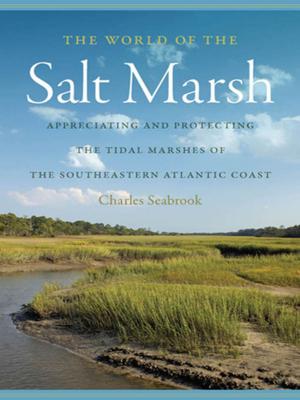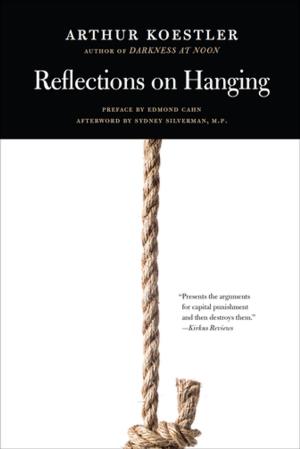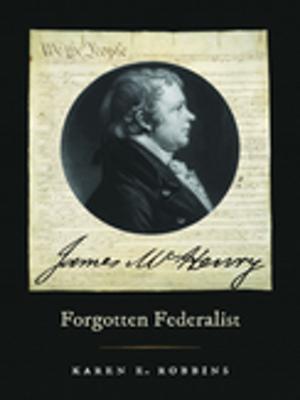Retrofitting Sprawl
Addressing Seventy Years of Failed Urban Form
Nonfiction, Art & Architecture, Architecture, Planning, Social & Cultural Studies, Political Science, Politics, City Planning & Urban Development, Social Science, Human Geography| Author: | Julia Koschinsky, Brenda Case Scheer, Gerrit-Jan Knaap, Aviva Hopkins Brown, Rebecca Lewis, Matthew Salenger, June Williamson, David Dixon, Ellen Dunham-Jones, Nico Larco, Marc Schlossberg, Dave Amos, Gabriel Diaz Montemayor, Nabil Kamel, Benjamin Stanley, Aaron Golub, Milagros Zingoni, Whitney Warman, Christian Solorio, Galina Tachieva, Emily Talen, Wesley Brown | ISBN: | 9780820348193 |
| Publisher: | University of Georgia Press | Publication: | August 15, 2015 |
| Imprint: | University of Georgia Press | Language: | English |
| Author: | Julia Koschinsky, Brenda Case Scheer, Gerrit-Jan Knaap, Aviva Hopkins Brown, Rebecca Lewis, Matthew Salenger, June Williamson, David Dixon, Ellen Dunham-Jones, Nico Larco, Marc Schlossberg, Dave Amos, Gabriel Diaz Montemayor, Nabil Kamel, Benjamin Stanley, Aaron Golub, Milagros Zingoni, Whitney Warman, Christian Solorio, Galina Tachieva, Emily Talen, Wesley Brown |
| ISBN: | 9780820348193 |
| Publisher: | University of Georgia Press |
| Publication: | August 15, 2015 |
| Imprint: | University of Georgia Press |
| Language: | English |
These twelve previously unpublished essays present innovative and practical ideas for addressing the harmful effects of sprawl. Sprawl is not only an ongoing focus of specialized magazines like Dwell; indeed, Time magazine has cited “recycling the suburbs” as the second of “Ten Ideas Changing the World Right Now.” While most conversations on sprawl tend to focus on its restriction, this book presents an overview of current thinking on ways to fix, repair, and retrofit existing sprawl.
Chapters by planners, geographers, designers, and architects present research grounded in diverse locales including Phoenix, Arizona; Seattle, Washington; Dublin, Ohio; and the Atlanta, Georgia, and Washington, D.C. metro areas. The authors address head-on the most controversial aspects of sprawl—issues of power and control, justice and equity, and American attitudes about regulating private development. But they also put these issues in practical contexts, bringing in examples of redesign that are already occurring around the country, including the retrofitting of corridors and the repurposing of cul-de-sacs. Whether fixing sprawl requires a “cultural shift” in thinking or a “coordinated effort” by local government, these essays testify that a combination of forethought and creative thinking will be needed.
These twelve previously unpublished essays present innovative and practical ideas for addressing the harmful effects of sprawl. Sprawl is not only an ongoing focus of specialized magazines like Dwell; indeed, Time magazine has cited “recycling the suburbs” as the second of “Ten Ideas Changing the World Right Now.” While most conversations on sprawl tend to focus on its restriction, this book presents an overview of current thinking on ways to fix, repair, and retrofit existing sprawl.
Chapters by planners, geographers, designers, and architects present research grounded in diverse locales including Phoenix, Arizona; Seattle, Washington; Dublin, Ohio; and the Atlanta, Georgia, and Washington, D.C. metro areas. The authors address head-on the most controversial aspects of sprawl—issues of power and control, justice and equity, and American attitudes about regulating private development. But they also put these issues in practical contexts, bringing in examples of redesign that are already occurring around the country, including the retrofitting of corridors and the repurposing of cul-de-sacs. Whether fixing sprawl requires a “cultural shift” in thinking or a “coordinated effort” by local government, these essays testify that a combination of forethought and creative thinking will be needed.















